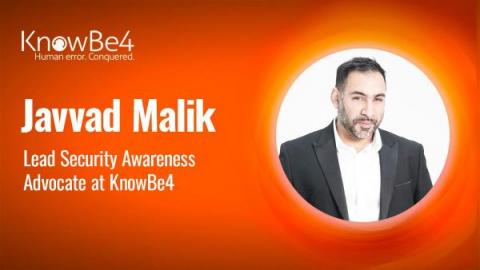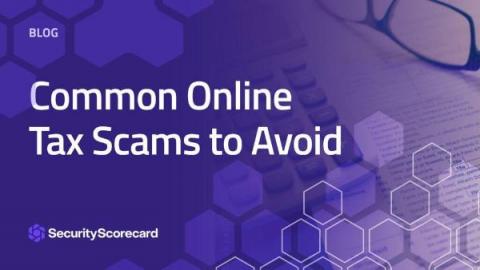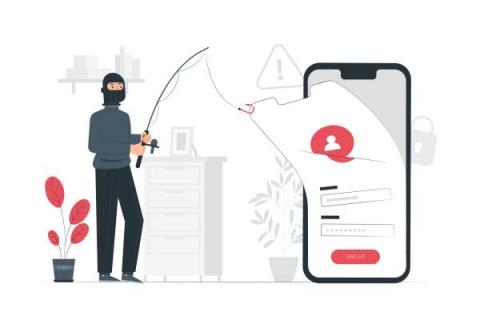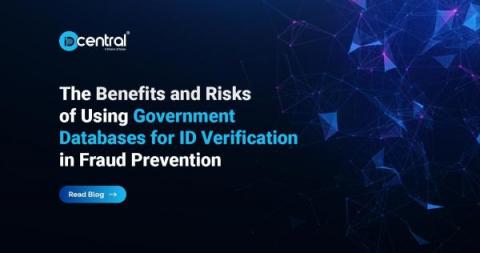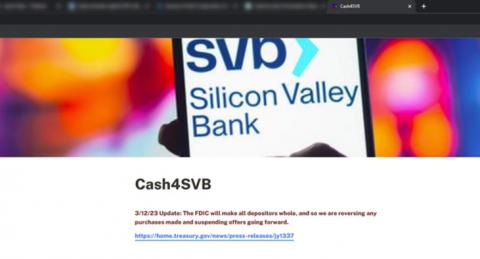The New Face of Fraud: FTC Sheds Light on AI-Enhanced Family Emergency Scams
The Federal Trade Commission is alerting consumers about a next-level, more sophisticated family emergency scam that uses AI that imitates the voice of a "family member in distress". They started out with: "You get a call. There's a panicked voice on the line. It's your grandson. He says he's in deep trouble — he wrecked the car and landed in jail. But you can help by sending money. You take a deep breath and think. You've heard about grandparent scams. But darn, it sounds just like him.







